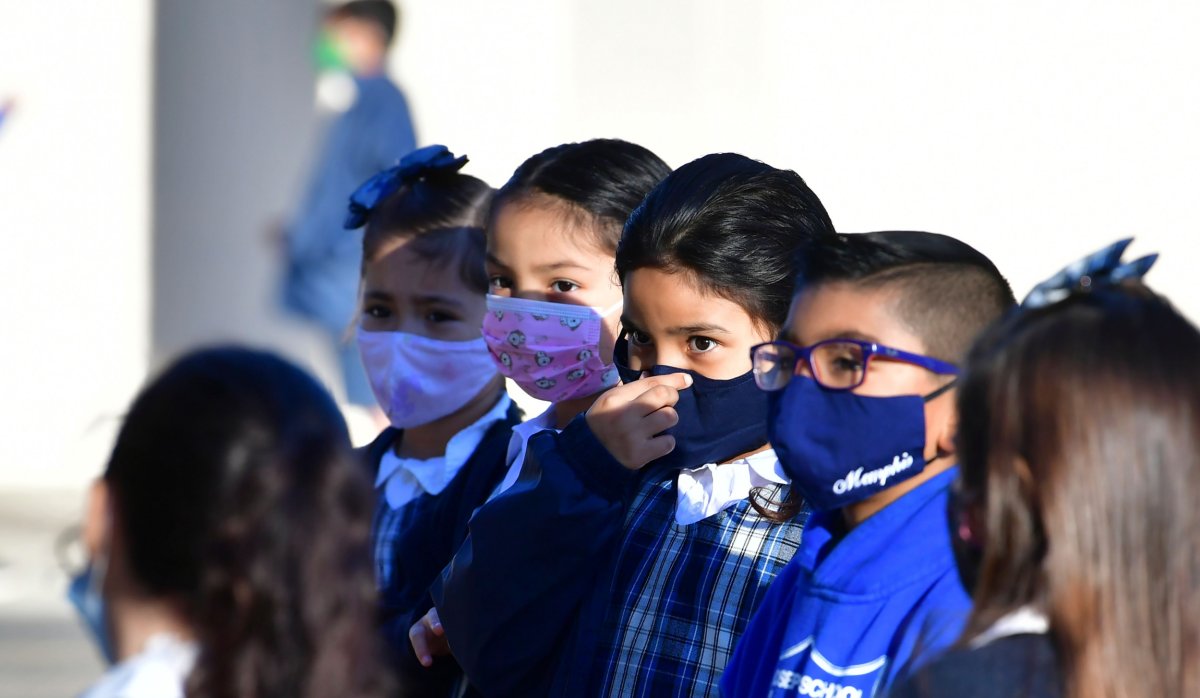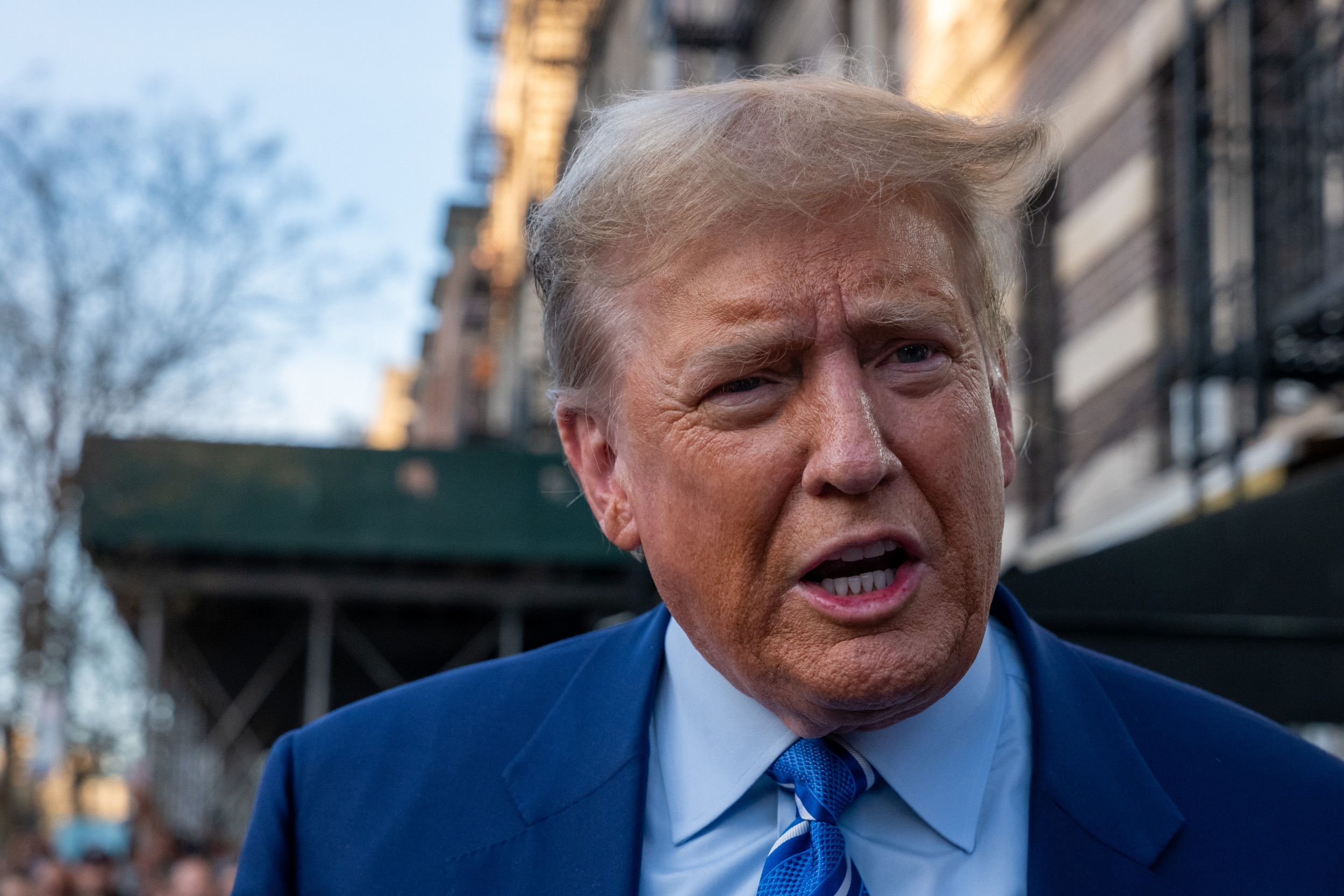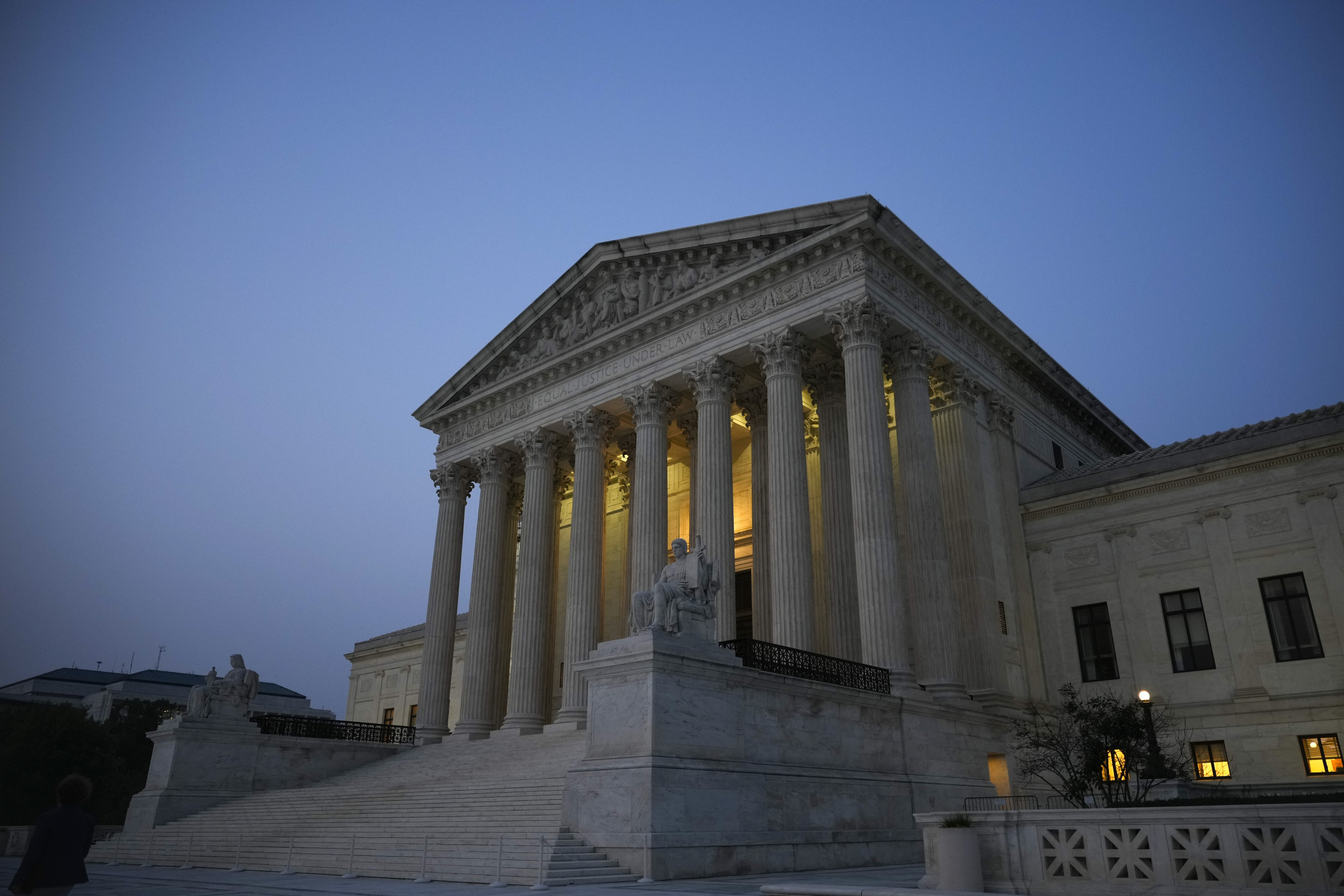U.S. coronavirus cases and deaths are rapidly fading. The majority of American adults have now been vaccinated against COVID-19. Yet despite all this cause for optimism, another malady continues to plague too many Americans: unjustified fear and hysteria.
At the surface level, new Gallup polling shows a public ready to move on. As of May 1, 56 percent of Americans say that healthy people should "live their normal lives as much as possible and avoid interruptions to work and business." Just 44 percent of respondents said that healthy people should still "stay at home as much as possible to avoid contracting or spreading the coronavirus."
Unfortunately, the poll's reasonable findings were not equally distributed among parties. Only 29 percent of Democrats said healthy people should try to resume normal life. A whopping 71 percent still believe that Americans ought to stay home out of fear of COVID-19. And only 2 percent of Democrats said their lives are "completely back to normal." While some Republicans and independents share these views, the numbers are much smaller.
This polling reveals that a significant subset of Americans continues to hold back from normal life due to a hysterical degree of fear that, at this stage in the pandemic, has little basis in reality.
After all, the COVID-19 vaccines are incredibly effective. According to Stat News, the Pfizer and Moderna vaccines are roughly 95 percent effective at preventing symptomatic COVID-19 infection, while the Johnson & Johnson vaccine is roughly 70 percent effective on the same measure. What's more, the vaccines are even more effective at preventing severe illness and death.
Basically, the vaccinated have nothing to fear from COVID-19. According to LA County public health officials, "only 0.00036% of fully vaccinated people went on to die from the virus." So there's absolutely no fact-based reason why fully vaccinated adults should continue living in fear and hiding in their homes.
That so many Democrats report experiencing objectively unjustifiable levels of fear and paranoia suggests they've been taken in by fearmongering and alarmism—of which we've certainly had no shortage. A study by researchers from Dartmouth and Brown found that U.S. media coverage had a disproportionately negative skew relative to the actual state of the COVID-19 pandemic, especially compared to international and scientific coverage.
"The negativity of the U.S. major media is notable even in areas with positive scientific developments including school re-openings and vaccine trials," the study concluded. "Stories of increasing COVID-19 cases outnumber stories of decreasing cases by a factor of 5.5 even during periods when new cases are declining."

And it's widely documented that Democrats are more likely to consume and place trust in traditional mainstream media outlets, which could be one reason they've fallen prey to disproportionate alarmism.
Similarly, the tone and messaging of public health bureaucrats could be behind the distorted perception many Democratic voters hold. For example, CDC Director Rochelle Wolensky went viral in late March after getting emotional at a White House coronavirus press briefing where she admitted how "scared" she was of the pandemic's trajectory, citing a sense of "impending doom." Suffice it to say, things have only improved since these dramatic remarks, with the CDC itself loosening its mask and distancing recommendations a couple of months after Wolensky's alarmist comments.
Here, too, we might find some explanation for the partisan divide over doom: Democrats tend to put more faith in government officials like Wolensky, particularly now that President Biden is in office.
Of course, critics might counter that being overcautious can't hurt. Better safe than sorry, right?
Well, no. In real life, there's no escaping trade-offs, and good decision making requires a rational weighing of costs and benefits. Irrational fear makes this impossible. In his hit work Dune, acclaimed sci-fi author Frank Herbert wrote that "fear is the mind killer." He dubbed fear "the little death that brings total obliteration." What he meant was that fear clouds our ability to make rational decisions, which, if unchecked, ultimately leads to our downfall.
And in the case of the pandemic, excessive caution has had real and devastating consequences. School closures, for example, were initially understandable when the pandemic first broke out. But out of an "abundance of caution," they ended up stretching many months after we learned that children were at little risk from COVID-19 and that schools weren't transmission hotspots. This has created enormous education gaps, particularly for special needs and otherwise disadvantaged children, that will lead to lower lifetime earnings—to say nothing of the mental and social its taken on our children. Doctors across the globe have warned that they have witnessed an "international epidemic" of child mental health crises, including suicide attempts.
It's clear that over caution can be deadly, too.
It's understandable, if nonetheless concerning, that so many Americans remain plagued by the mental virus that is hysterical fear. But only by overcoming our fear can we reassert ourselves as rational actors and reclaim our agency.
Too many Americans, particularly Democrats, still need to make this transformation. Only then can they finally move on from the pandemic by reclaiming their connection to reality.
Brad Polumbo (@Brad_Polumbo) is a libertarian-conservative journalist and host of the Breaking Boundaries podcast.
The views in this article are the writer's own.
Uncommon Knowledge
Newsweek is committed to challenging conventional wisdom and finding connections in the search for common ground.
Newsweek is committed to challenging conventional wisdom and finding connections in the search for common ground.
About the writer
To read how Newsweek uses AI as a newsroom tool, Click here.








